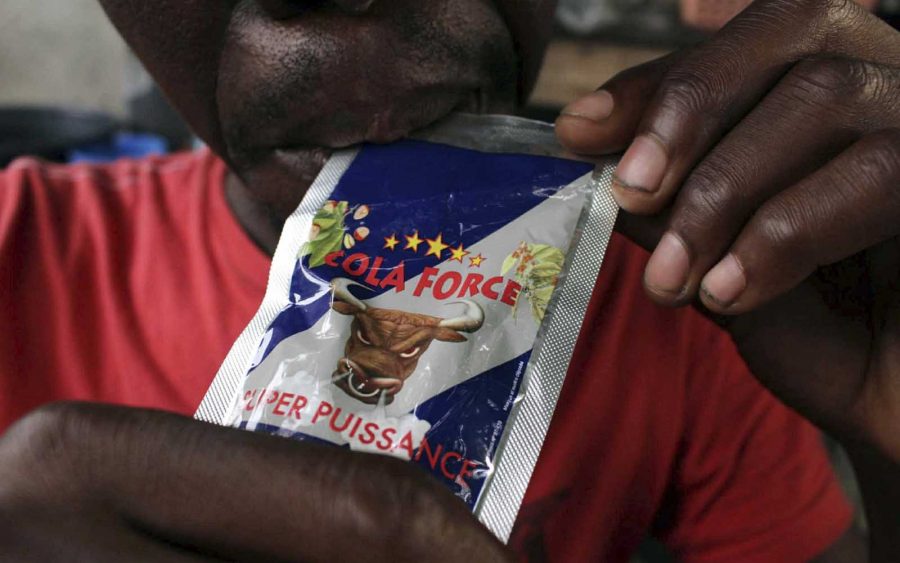The Federal Bureau of Investigation (FBI) has announced, through its Twitter handle, that it needs the help of the public to find six Nigerians who were complicit in Business Email Compromise (BEC) schemes, which led to the loss of over $6 million.
Help the #FBI find six Nigerian nationals wanted for their involvement in business email compromise (BEC) schemes resulting in over $6 million in losses. Read more about each defendant at https://t.co/Q1OToaIVsl, and submit tips at https://t.co/iL7sD5efWD. #FugitiveFriday pic.twitter.com/67TZPHLgHA
— FBI (@FBI) June 27, 2020
The accused Nigerians in the FBI’s Cyber Most wanted are Richard Izuchuckwu Uzuh, Alex Afolabi Ogunshakin, Felix Osilama Okpoh, Abiola Ayorinde Kayode, Nnamdi Benson, and Micheal Olorunyomi.
READ ALSO: How to protect your bank account from phishing attempts
The FBI says that over 70 different businesses were defrauded of the amount. The fugitives are accused of sending spoofed emails to thousands of businesses requesting fraudulent wire services.
The Nigerians are also accused of working with money launderers, romance scammers, and others involved in BEC schemes “through a complex web of witting and unwitting people in the United States and abroad.”
Uzuh and Ogunshakin are alleged to have conducted their own BEC Schemes; while learning from Uzuh, Ogunshakin provided the bank accounts to him, Benson, Kayode and Okpo, whose accounts were used to receive fraudulent wire transfers. Okpoh alone is accused of providing bank accounts for receiving fraudulent transfers valued at $1 million.
READ ALSO: Invictus Group CEO, Obinwanne Okeke, pleads guilty to $11m fraud charge in U.S.
Uzuh was indicted in October 2016 in the United States District Court, District of Nebraska, Omaha, Nebraska, on wire fraud charges and conspiracy to commit wire fraud, while the other co-conspirators were indicted in August 2019 at the same district court and had Federal warrants issued for their arrests.
Meanwhile, Micheal Olorunyomi, who was indicted in November 2019, is accused of defrauding victims of over $1 million by targeting vulnerable elders or widows through romance fraud schemes.






















